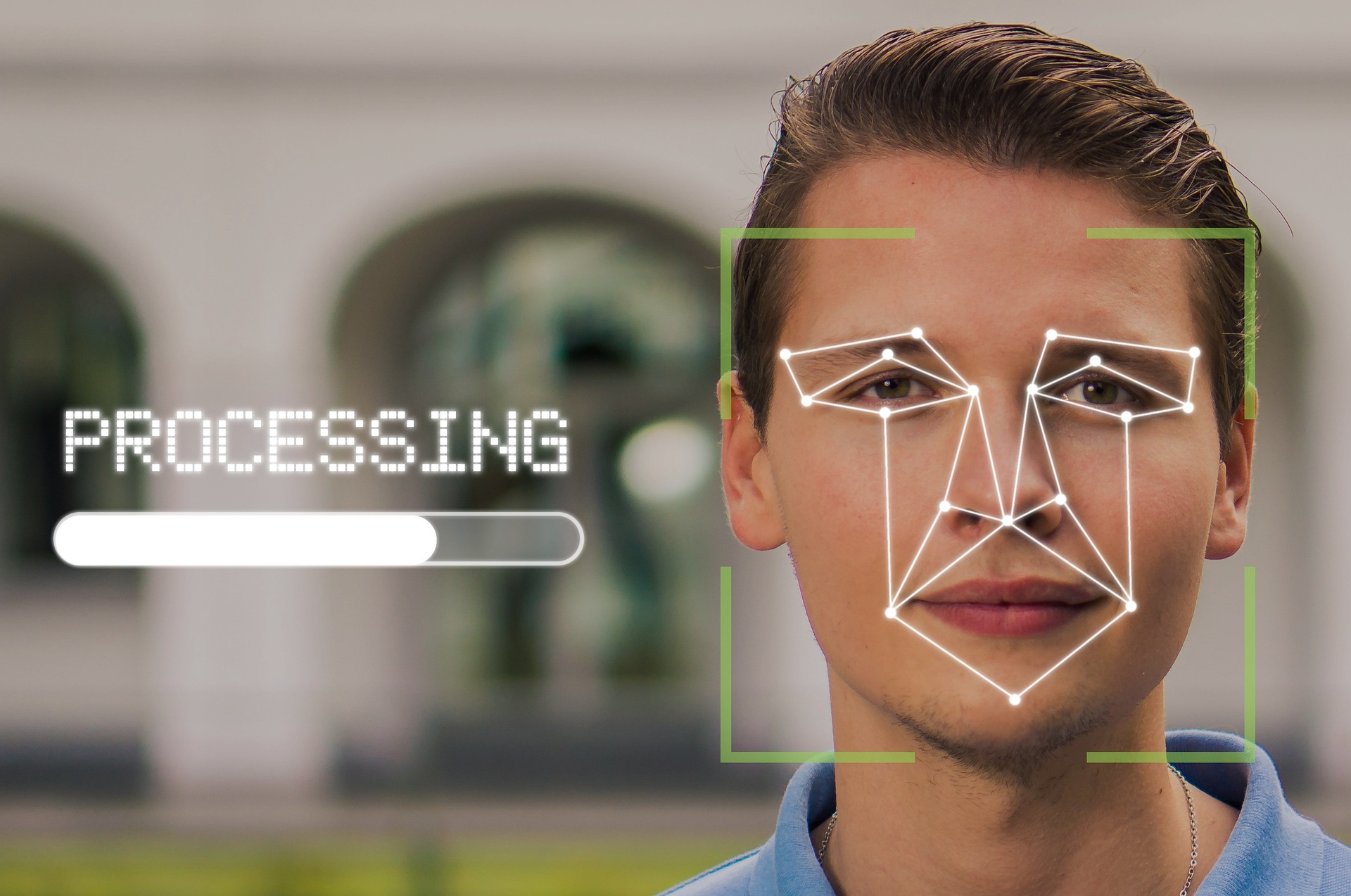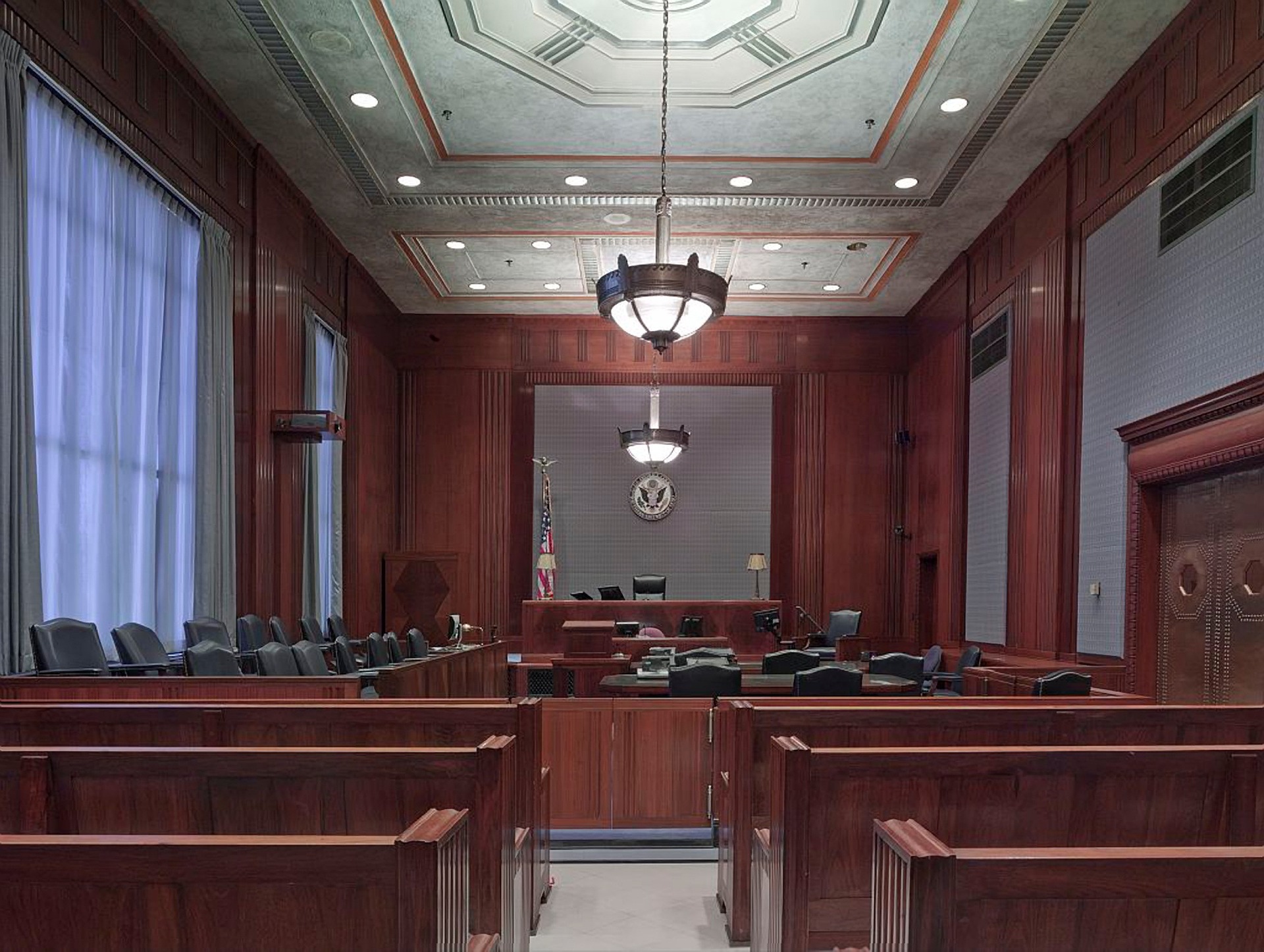The Intersection of Technology and Legislation: An Examination of Copyright Law in the Digital Age
As we navigate through the digital age, technology and law continue to intersect in intriguing ways. This article will explore one such intersection, the evolution of copyright law in the digital era, highlighting its implications and impact on society.
Understanding Copyright Law: A Historical Context
Copyright law has a rich history dating back to the 18th century. Its primary purpose was to protect the rights of authors and creators, granting them exclusive rights to reproduce their work for a certain period. The law has evolved over the years, adapting to societal and technological changes. However, the advent of the digital age introduced new complexities to copyright law, challenging its traditional principles.
The Digital Age: A New Frontier for Copyright Law
The digital age has drastically changed the way we create, distribute, and consume content, necessitating a reevaluation of our copyright laws. Digital technologies have made it easier than ever to copy, modify, and share creative works, often without the consent of the original creator. This development has sparked debates about how copyright law should respond to these new challenges.
Recent Developments in Digital Copyright Law
In response to the digital revolution, many countries have updated their copyright laws. For example, the European Union introduced the Digital Single Market Directive in 2019, which included controversial changes to copyright law. The directive aims to harmonize copyright laws across the EU, but critics argue it could limit freedom of expression and access to information on the internet. The U.S. has also seen changes, with the Music Modernization Act of 2018 updating copyright law to better accommodate the digital streaming of music.
The Implications and Impact of Digital Copyright Law
The evolution of copyright law in the digital age has profound implications for society. On one hand, it aims to protect the rights of creators in a digital landscape where their work can be easily copied and shared. On the other hand, it raises concerns about freedom of expression and access to information. Striking a balance between these competing interests is a major challenge for lawmakers.
In conclusion, the intersection of technology and law in the digital age is a complex and evolving issue. As copyright law continues to evolve, it will be crucial to maintain a delicate balance between protecting the rights of creators and ensuring freedom of expression and access to information. The future of copyright law in the digital age is still uncertain, but it is undoubtedly a fascinating topic to explore.





